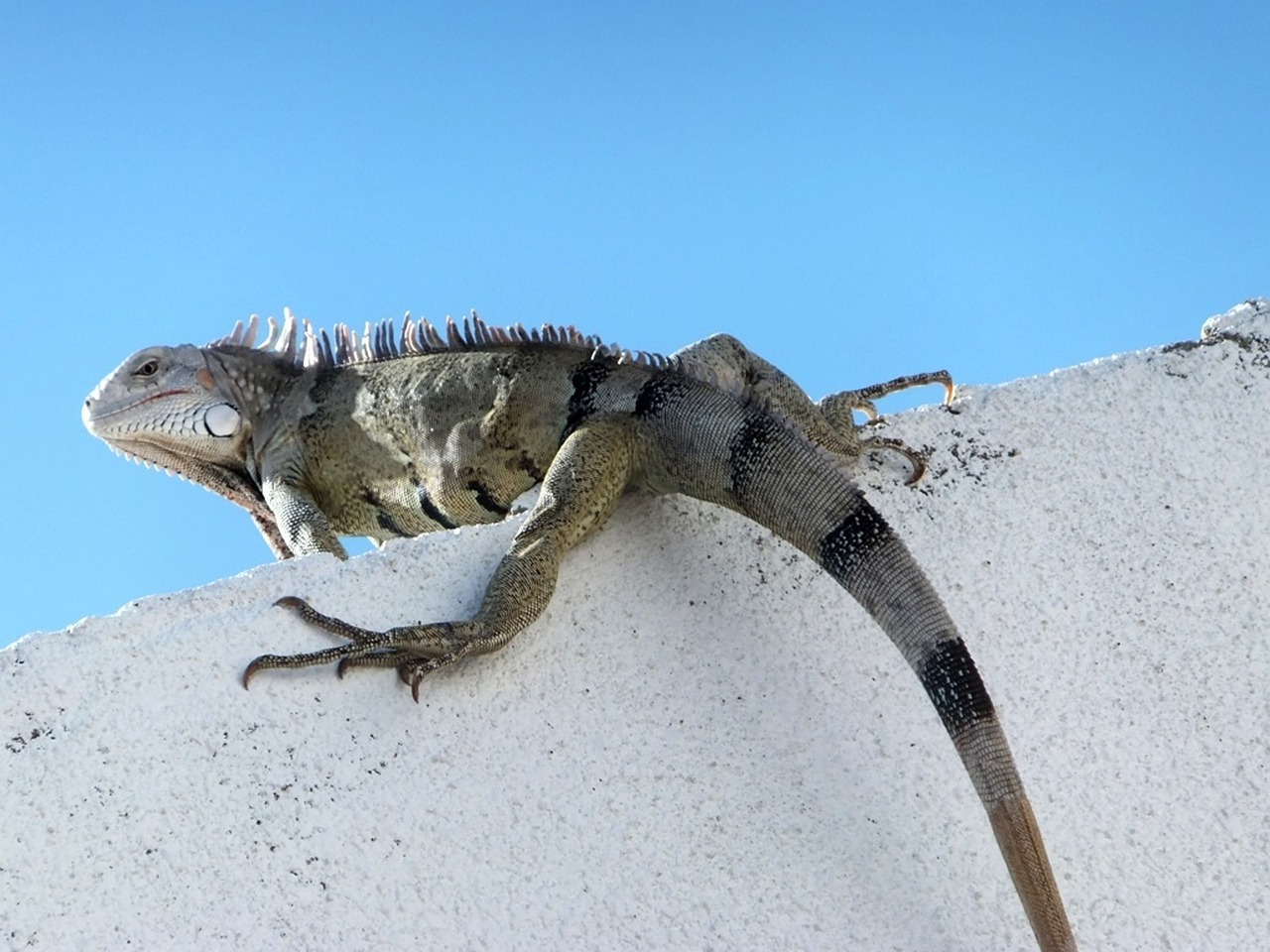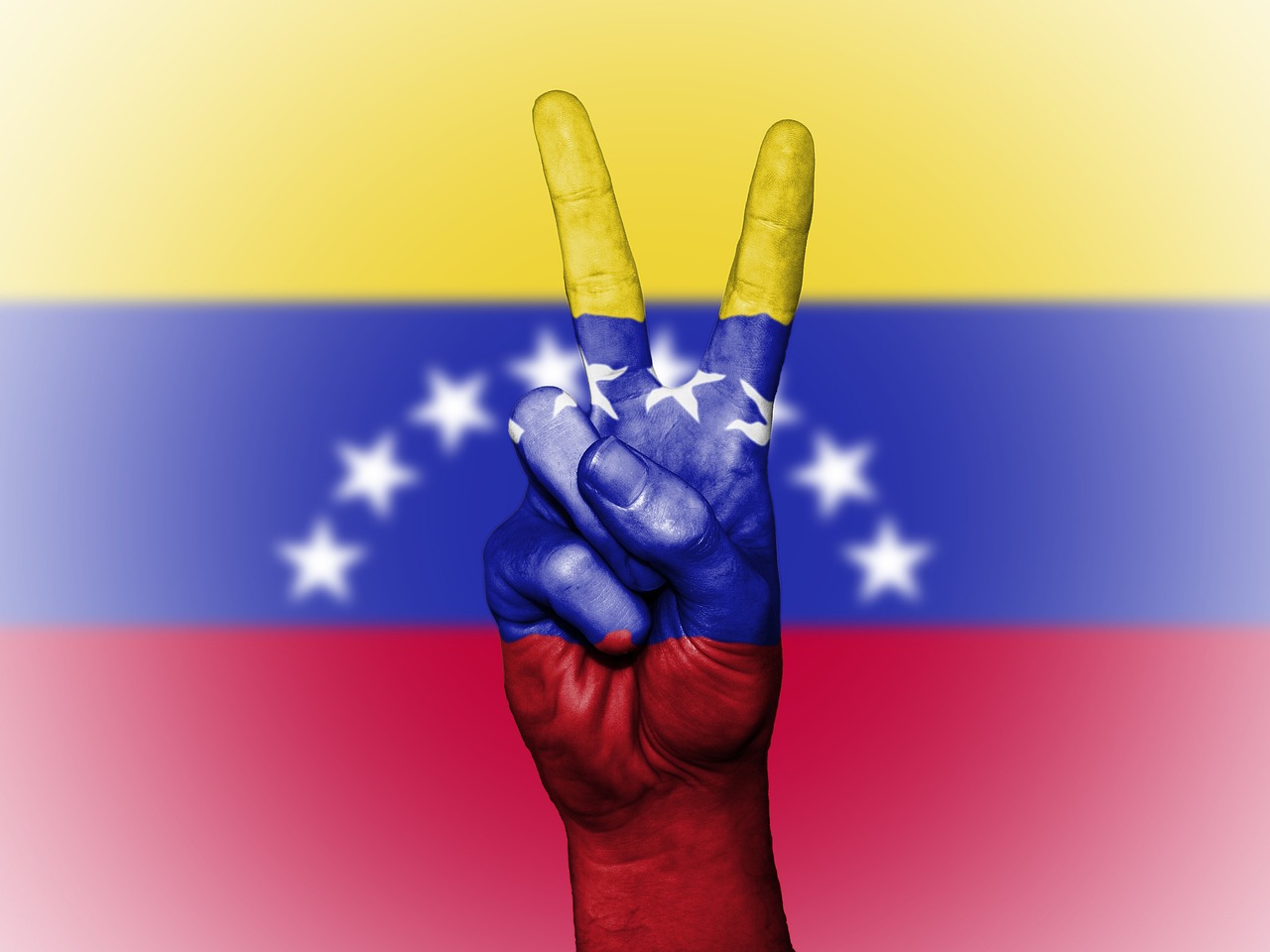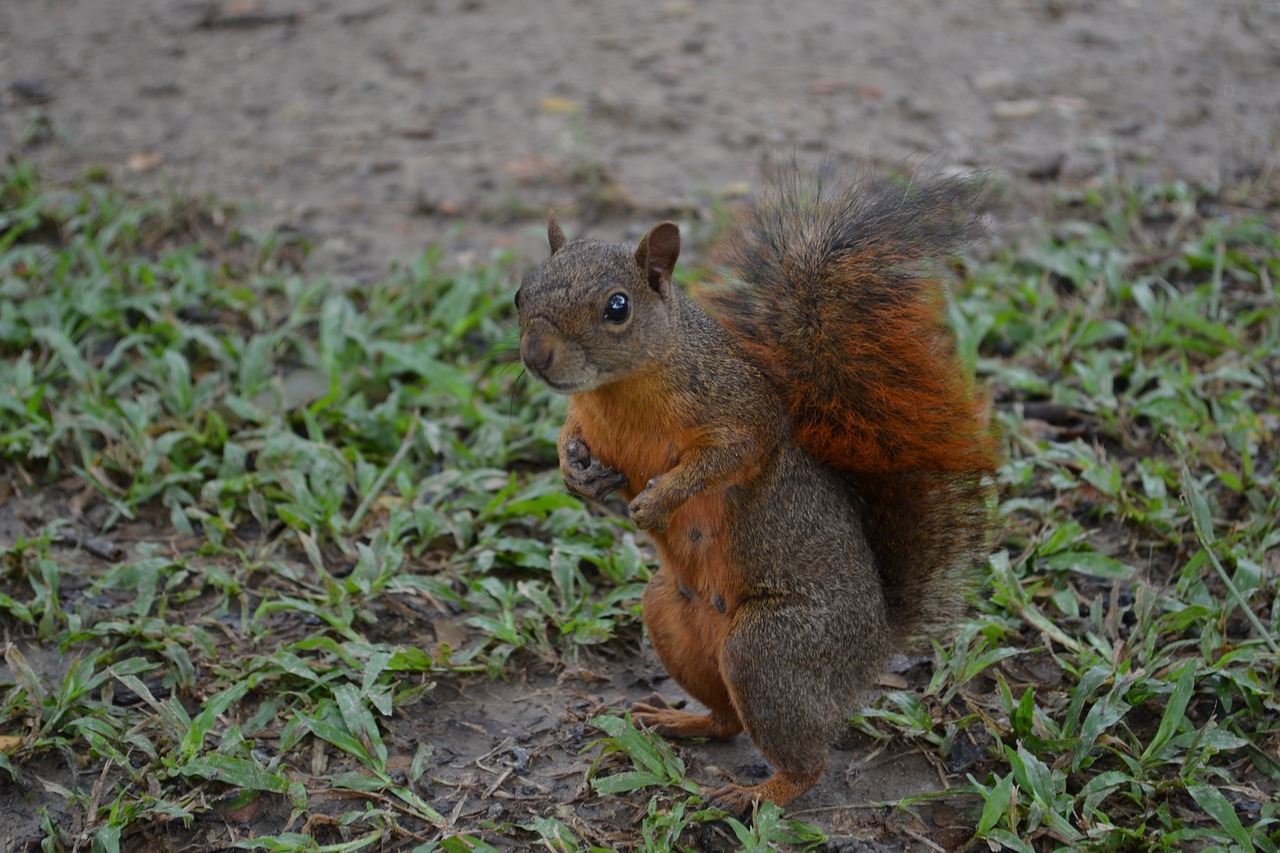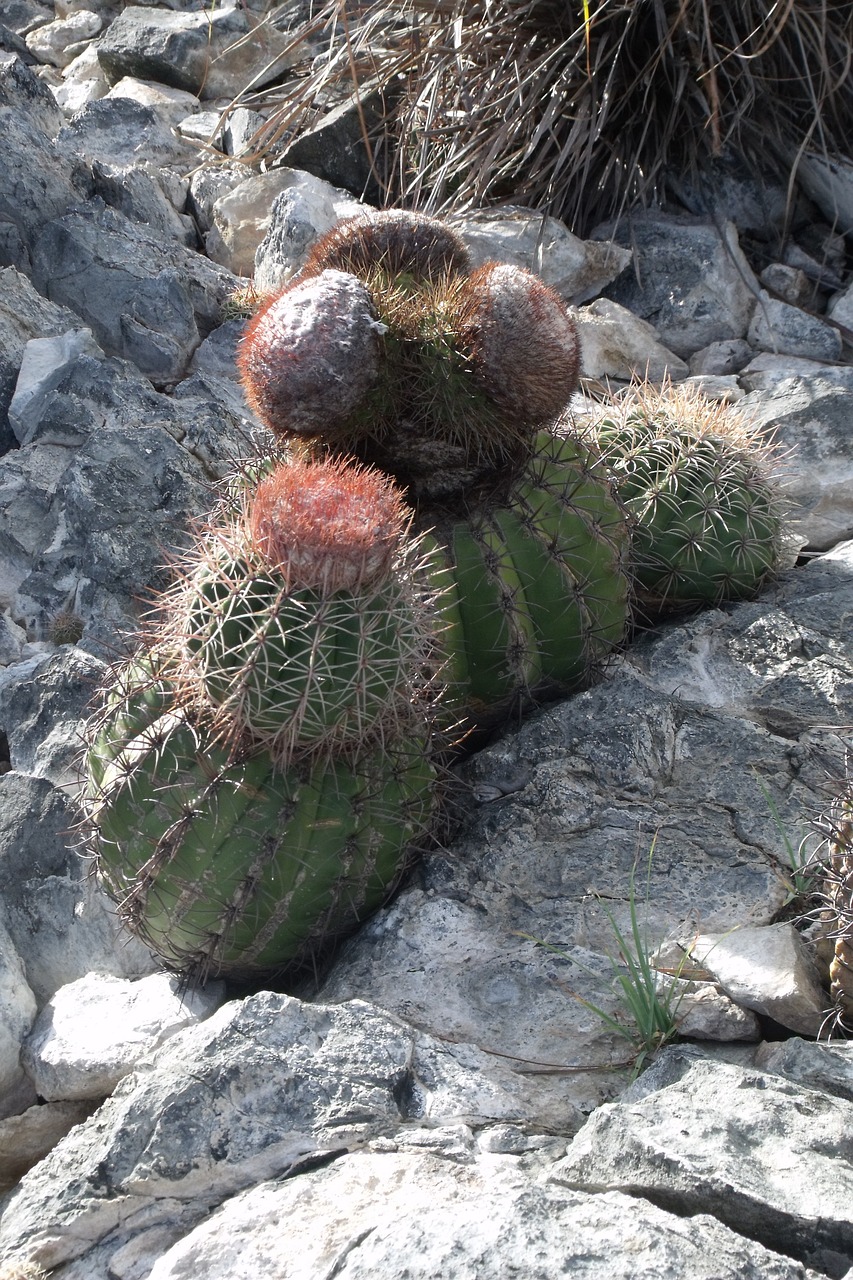Cultural Sensitivities: Understanding Local Norms in Venezuela
Venezuela, officially known as the Bolivarian Republic of Venezuela, is a country located on the northern coast of South America. It is known for its rich cultural heritage, diverse population, and stunning natural beauty. To fully appreciate and respect the local norms in Venezuela, it is essential to understand the cultural sensitivities that shape the country’s social fabric. This article aims to provide detailed insights into various aspects of Venezuelan culture, including greetings, social customs, cuisine, festivals, and more.
Greetings and Communication
When meeting someone in Venezuela, it is customary to greet them with a handshake and direct eye contact. Venezuelans appreciate warm and friendly interactions, so it is common to exchange pleasantries and engage in small talk before getting into the main conversation. Addressing people by their titles, such as “Señor” (Mr.) or “Señora” (Mrs.), is a sign of respect. Venezuelans are generally expressive and use gestures to emphasize their points during conversations.
- Friendly and Polite Tone: Venezuelans value politeness and expect conversations to be conducted in a friendly and respectful manner.
- Personal Space: While Venezuelans are generally warm and affectionate, it is important to respect personal space and avoid invading it during interactions.
- Avoid Controversial Topics: Discussions related to politics, religion, and sensitive social issues should be approached with caution, as they can be potential triggers for heated debates.
- Formal vs. Informal Language: The use of formal language is appreciated in professional settings, while informal language is common among friends and family.
Social Customs and Etiquette
Understanding social customs and etiquette in Venezuela helps visitors navigate social situations with ease and respect.
- Punctuality: Venezuelans have a more relaxed approach to time, and it is common for social gatherings to start later than the designated time. However, it is still advisable to arrive on time for formal events.
- Respecting Elders: Venezuela has a strong culture of respecting elders. It is customary to address older individuals with proper titles and show deference towards them.
- Gift Giving: When invited to a Venezuelan home, it is customary to bring a small gift for the host, such as chocolates or flowers. Gifts are usually opened immediately upon receipt.
- Dining Etiquette: Venezuelans enjoy communal dining and appreciate good table manners. It is polite to wait for the host to start eating before beginning your meal. Additionally, keeping your hands visible during the meal is considered good etiquette.
Traditional Cuisine
Venezuelan cuisine is a delightful blend of indigenous, European, and African influences. The country’s diverse culinary traditions offer a wide variety of flavors and dishes.
- Arepas: Arepas are a staple in Venezuelan cuisine. These cornmeal patties are filled with various ingredients such as cheese, meat, or beans.
- Pabellón Criollo: Pabellón Criollo is Venezuela’s national dish. It consists of shredded beef, black beans, rice, and fried plantains.
- Cachapas: Cachapas are sweet corn pancakes served with cheese or meat. They are often enjoyed for breakfast or as a snack.
- Tres Leches Cake: Tres Leches Cake is a popular dessert in Venezuela. It is a sponge cake soaked in three types of milk and topped with whipped cream.
Traditional Festivals and Celebrations
Venezuela is known for its vibrant festivals and celebrations that showcase the country’s cultural diversity and traditions.
- Carnival: Carnival is one of the most significant and widely celebrated festivals in Venezuela. It features colorful parades, music, dancing, and elaborate costumes.
- Feria de la Chinita: The Feria de la Chinita is a religious festival held in honor of the patron saint of Zulia. It includes processions, music, traditional dances, and fireworks.
- Corpus Christi: Corpus Christi is a religious holiday celebrated with processions, street decorations, and traditional dances in various cities across Venezuela.
- La Diabla: La Diabla is a festival celebrated in the town of Yare, where participants dress up as devils and dance through the streets to ward off evil spirits.
Art and Cultural Heritage
Venezuela boasts a rich artistic and cultural heritage that is reflected in its architecture, visual arts, music, and literature.
- El Hatillo: El Hatillo is a charming colonial town near Caracas known for its traditional architecture, art galleries, and handicraft markets.
- Simón Bolívar Birthplace Museum: This museum, located in Caracas, is dedicated to the life and legacy of Simón Bolívar, a prominent figure in Venezuela’s fight for independence.
- Orinoco Delta: The Orinoco Delta is home to various indigenous communities, showcasing their unique art, crafts, and cultural practices.
- El Sistema: El Sistema is a renowned music education program that has produced world-class musicians and orchestras in Venezuela.
Religious Practices
Venezuela is predominantly Roman Catholic, and religious practices play a significant role in the lives of many Venezuelans.
- Religious Festivals: Various religious festivals and processions are held throughout the year, attracting both locals and tourists.
- Church Etiquette: When visiting churches, it is important to dress modestly and behave respectfully, especially during religious ceremonies.
- Feast of the Epiphany: The Feast of the Epiphany, also known as “Día de Reyes,” is celebrated on January 6th with special religious services and the sharing of “Rosca de Reyes,” a traditional pastry.
Venezuela Image 1:

Local Markets and Handicrafts
Exploring local markets and handicrafts is a great way to experience Venezuela’s cultural diversity and support local artisans.
- Los Roques Archipelago: The Los Roques Archipelago is known for its vibrant marketplaces offering handmade crafts, jewelry, and local artwork.
- Parque Central Complex: Located in Caracas, the Parque Central Complex features a variety of shops and markets where visitors can find unique Venezuelan handicrafts.
- Maracaibo Market: Maracaibo is home to one of the largest markets in Venezuela, offering a wide range of products, including textiles, pottery, and traditional food items.
Outdoor Adventures and Natural Beauty
Venezuela’s diverse landscape provides ample opportunities for outdoor adventures and exploration of its natural beauty.
- Angel Falls: Angel Falls, the world’s highest uninterrupted waterfall, is a must-visit destination for nature enthusiasts.
- Médanos de Coro National Park: This national park is famous for its sand dunes, providing a unique desert-like experience in Venezuela.
- Los Llanos: Los Llanos is a vast tropical grassland known for its rich biodiversity, offering opportunities for wildlife spotting and birdwatching.
Venezuela Image 2:

Beaches and Coastal Delights
Venezuela’s coastline is adorned with stunning beaches that attract both locals and tourists seeking relaxation and water activities.
- Playa El Agua: Playa El Agua, located on Isla Margarita, is a popular beach destination known for its crystal-clear waters and vibrant beachfront atmosphere.
- Los Roques: The Los Roques Archipelago offers pristine beaches with powdery white sand and turquoise waters, perfect for snorkeling and diving.
- Cata Beach: Cata Beach, situated in the Aragua state, is a beautiful beach surrounded by palm trees and lined with beachfront restaurants.
Local Transportation and Getting Around
When navigating Venezuela, it is important to be aware of the local transportation options and customs.
- Taxis: Taxis are a common mode of transportation in Venezuela. It is advisable to negotiate the fare before starting the journey.
- Metro de Caracas: Caracas has a metro system that provides a convenient way to travel within the city.
- Motorcycle Taxis: Motorcycle taxis, known as “moto-taxis,” are a popular and affordable way to get around in some areas.
Venezuela Image 3:

Conclusion
Venezuela’s cultural sensitivities are deeply rooted in its diverse history and traditions. By understanding and respecting the local norms, visitors can forge meaningful connections, appreciate the country’s rich heritage, and have a memorable experience. From greetings and social customs to cuisine, festivals, and natural wonders, Venezuela offers a treasure trove of cultural experiences waiting to be explored.
References
– venezuelatuya.com
– venezuelanalysis.com
– worldtravelguide.net
– lonelyplanet.com
– nationalgeographic.com

